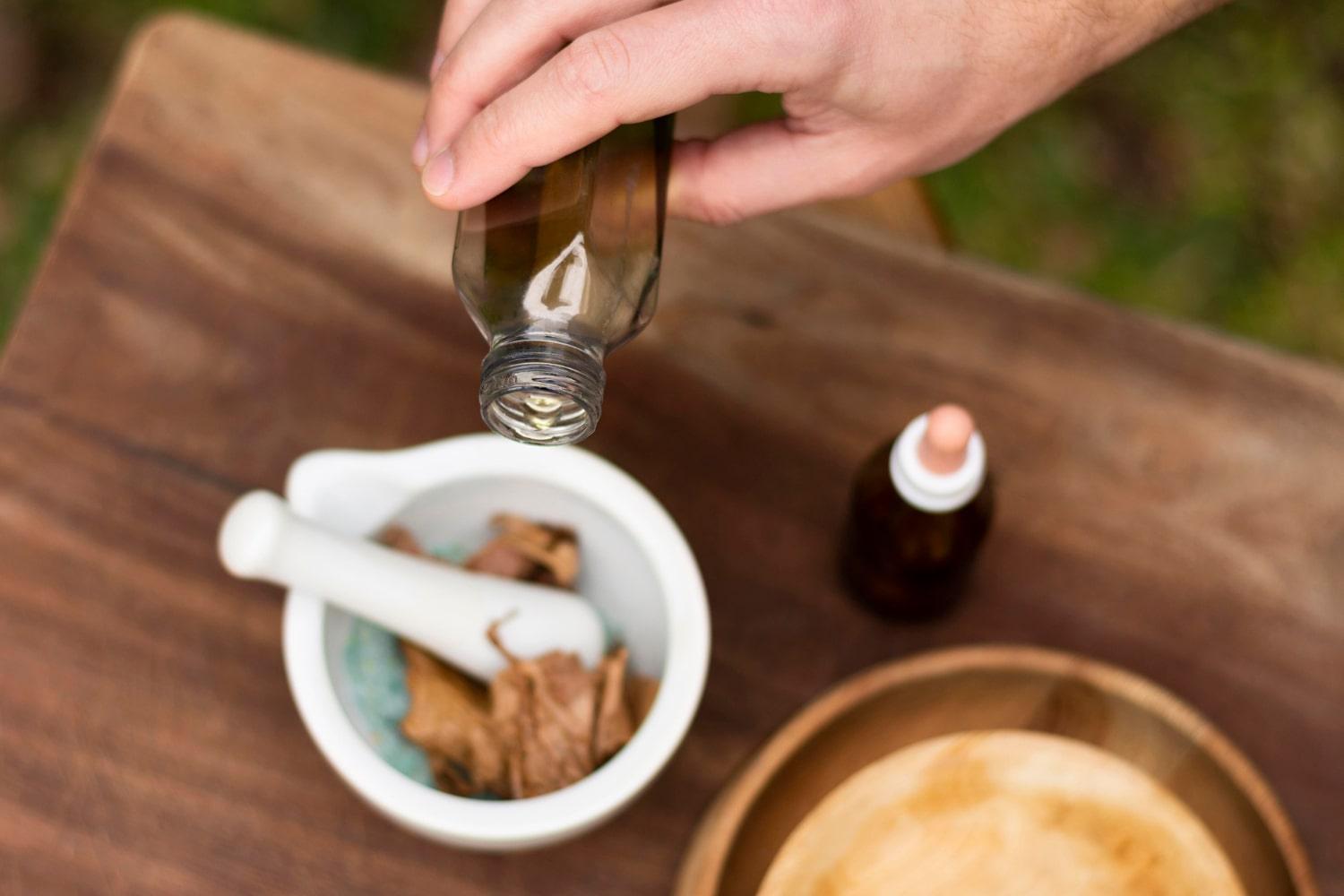Overactive bladder can feel like an unwelcome intruder in your life. Suddenly, you’re racing to the bathroom at the most inconvenient times. Natural remedies to tame overactive bladder may just be the solution you’ve been searching for. The urgency, frequency, and sometimes even incontinence are not just annoying; they can disrupt your daily routine and affect your confidence.
Understanding this condition is vital. Overactive bladder (OAB) is defined by an urgent need to urinate and can often lead to accidental leakage. It’s more common than you might think, impacting millions. If you’re among those affected, know that you’re not alone, and there are effective, natural ways to manage this. Let’s explore seven remedies that can help you regain control over your bladder.
Contents
What Causes Overactive Bladder?
Before diving into remedies, it’s essential to understand what might be causing your OAB.
- Nerve Damage: Conditions like diabetes or multiple sclerosis can affect the nerves controlling your bladder.
- Hormonal Changes: For women, menopause can bring about changes that affect bladder control.
- Medications: Some prescriptions can make bladder control more challenging.
- Lifestyle Factors: Caffeine, alcohol, and certain foods can irritate the bladder.
By identifying potential triggers, you can better tailor your approach to managing your symptoms.
1. Kegel Exercises
Let’s kick things off with Kegel exercises. These aren’t just for pregnant women. Strengthening your pelvic floor muscles can be a game-changer.
How to Do Them:
- Identify your pelvic floor muscles by stopping urination midstream.
- Once you know the right muscles, contract them for five seconds, then relax for five seconds.
- Aim for three sets of 10 repetitions daily.
Kegels can enhance bladder control and reduce leaks over time. Consistency is key, so make it a part of your daily routine.
2. Bladder Training
Bladder training can be incredibly effective. This method involves gradually increasing the time between bathroom visits.
Steps to Try:
- Start by noting how often you urinate in a day.
- Gradually extend the intervals by 15 minutes.
- Over weeks, you’ll teach your bladder to hold more urine.
This technique can help you regain control and reduce those sudden urges.
3. Dietary Changes
Your diet plays a pivotal role in bladder health. Certain foods can irritate the bladder, while others can soothe it.
Foods to Avoid:
- Caffeine
- Alcohol
- Spicy foods
- Artificial sweeteners
Foods to Include:
- Water (staying hydrated is essential)
- Fiber-rich foods
- Fruits like berries and watermelon
Making simple dietary adjustments can significantly impact your symptoms. Keep a food diary to track what works for you.
4. Herbal Remedies
Nature has gifted us with powerful herbal remedies that can help.
Popular Choices:
- Cornsilk: Known for its soothing properties, cornsilk can help reduce bladder irritation.
- Pumpkin Seed Extract: Rich in phytosterols, this can support bladder function.
- Horsetail: This herb is thought to strengthen urinary tract health.
Consider incorporating teas or supplements that offer these herbs. Always consult your healthcare provider before starting any new herbal regimen.
5. Acupuncture
Acupuncture is an ancient practice that can offer relief for many conditions, including OAB.
Benefits:
- Reduces urgency
- Alleviates anxiety around bathroom trips
- Promotes relaxation
Finding a certified acupuncturist can help you explore this option. Many people report significant improvements after just a few sessions.
6. Mindfulness and Relaxation Techniques
Stress can exacerbate overactive bladder symptoms. Incorporating mindfulness and relaxation techniques can help you manage both your mind and your bladder.
Techniques to Try:
- Deep Breathing: Focus on slow, deep breaths to calm your nervous system.
- Meditation: Even a few minutes daily can reduce anxiety and improve your overall well-being.
- Yoga: Specific poses can help strengthen pelvic floor muscles while promoting relaxation.
Creating a daily routine that includes mindfulness can be transformative, not just for your bladder but for your overall health.
7. Hydration Management
It might sound counterintuitive, but managing your hydration can help. Dehydration can lead to concentrated urine, which can irritate the bladder.
Tips:
- Drink water throughout the day, but reduce intake before bed.
- Monitor your urine color; light yellow is ideal.
- Avoid excessive consumption of diuretics like caffeine.
Finding the right balance will not only help with OAB but also keep you feeling better overall.
Bottom Line
Overactive bladder doesn’t have to control your life. With these natural remedies to tame overactive bladder, you can take steps toward improvement. From Kegel exercises to dietary changes, each remedy offers a unique way to reclaim your comfort and confidence.
Don’t hesitate to consult with your healthcare provider about these options. Everyone’s journey is different, and finding what works for you is essential.
FAQ
Q: How long will it take to see improvements?
A: Results can vary. Many people notice changes within a few weeks with consistent effort.
Q: Are there any side effects to these remedies?
A: Most natural remedies are safe, but always consult your healthcare provider before starting something new, especially if you have underlying health conditions.
Q: Can overactive bladder be cured?
A: While it can be managed effectively, some may find it challenging to eliminate symptoms entirely. However, these remedies can significantly improve quality of life.
Take charge of your bladder health today! Embrace these natural remedies, and start your journey toward a more confident you.








